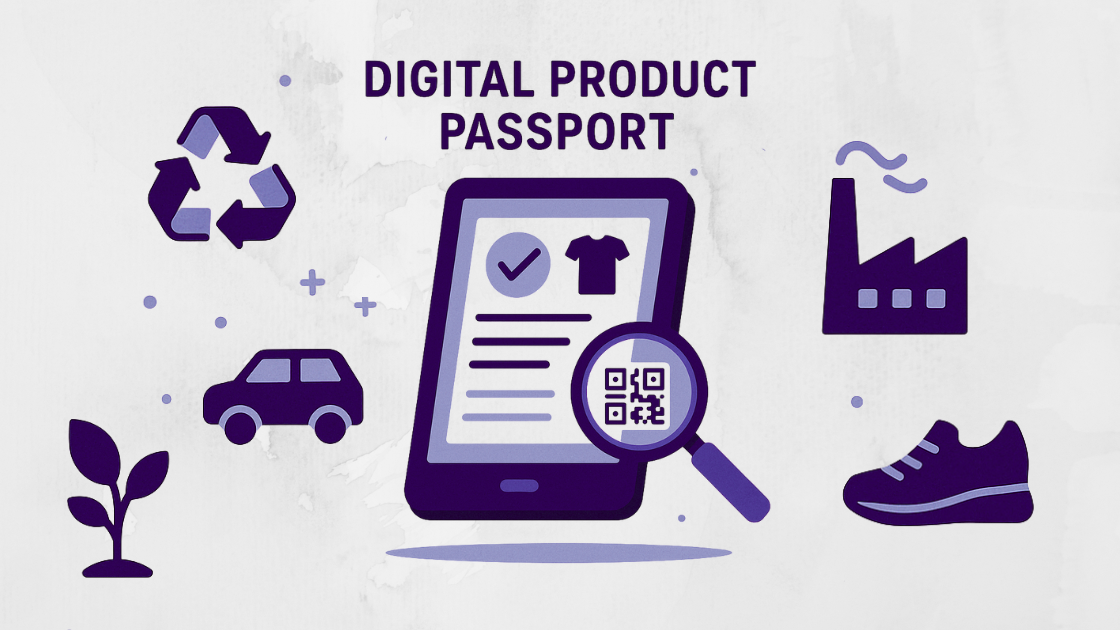Sustainability legislation: What lies ahead for SMEs in 2023?
This year, major challenges include resource scarcity, high energy prices, labour shortages and the energy transition. The government is responding to this with sustainability legislation and is increasing its commitment to sustainable business and ESG, including for SMEs.

New regulations keep coming, but for small businesses, this can be difficult to keep up with due to busy schedules and a lack of resources.Therefore, we have listed below the important sustainability regulations for you, so that you can also be well-prepared for the second quarter of 2023.
Energy
From April 2023, the UK government will introduce the Energy Bills Discount Scheme (EBDS) to help non-household customers save on their energy bills for a year. This programme is important for SMEs as it can help them reduce their costs and increase their profitability.
The EBDS (Energy Bill Discount Scheme) offers cheaper prices on gas and electricity for businesses, such as schools and hospitals. This is important for smaller companies because they often have to pay more for energy than bigger companies. Saving money on energy can help small companies grow by having more money to pay their employees, buy new equipment or improve their products and services.
The government is supporting small businesses by giving them this discount on their energy bills. The discount will be given to businesses for 12 months from April 2023 to March 2024, but only if the wholesale energy prices go over a certain limit. The amount of discount will depend on how much the wholesale price is over the limit. This discount is only available up to a certain maximum amount.
Most businesses in Britain and Northern Ireland will have a limit of £19.61 per megawatt-hour for electricity and £6.97 per megawatt-hour for gas. There will be a price cap of £302 per MWh for electricity and £107 per MWh for gas. The discount will be the difference between the wholesale energy price and the price cap.
Job Market
A significant ESG-related advancement pertains to the job market. The Queen's Speech of December 2019 announced the Employment Bill, which aimed to support workers and families by introducing various employment rights and improving existing rights.
Due to the pandemic, little progress has been made, but in recent months, several private members' bills have been introduced that specifically address some of the areas included in the original Employment Bill. It is expected that some of these bills will be passed and become law sometime in 2023. In particular:
- Flexible working as a Day 1 right
- New employment leave and pay rights for employees of parents of babies that are admitted into the hospital as a neonate (28 days old or less)
- A Carer's Leave Bill that would give employees who are unpaid carers the right to take up to one week of unpaid leave per year.
- Protection against dismissal for pregnant workers
- Full gratuity for employees
- A legal obligation on employers to prevent sexual harassment in the workplace
More information on the Employee bill can be found here. Although it is not yet clear when this legislation will take effect, it is certainly wise to prepare for it now. This is because these proposed measures could have a major impact on employers and the self-employed over time.
From intention to realisation
Sustainable business: it is the future, but how does an SME tackle it? With an average of only seven employees and a tight schedule, it is not always easy to free up time for sustainability plans. Yet it is important to integrate them into business operations and look at the long term. By setting aside an hour a week, last-minute actions can be avoided and work steadily towards a sustainable future.
Not only is this good for the environment, but it is also important for the company's image and future success. It is therefore advisable to review business plans and see how ESG can be integrated into business operations. Keeping abreast of developments will help them look to the future with confidence.
Eevery
Our platform provides an overview of ESG laws and regulations and acts as a guide for entrepreneurs. By aligning sustainability measurement with recent developments in this field, we aim to provide entrepreneurs with peace of mind and clarity.
If you want to know more about upcoming laws and regulations on ESG and sustainability for SMEs, subscribe now and stay updated with the latest news.



